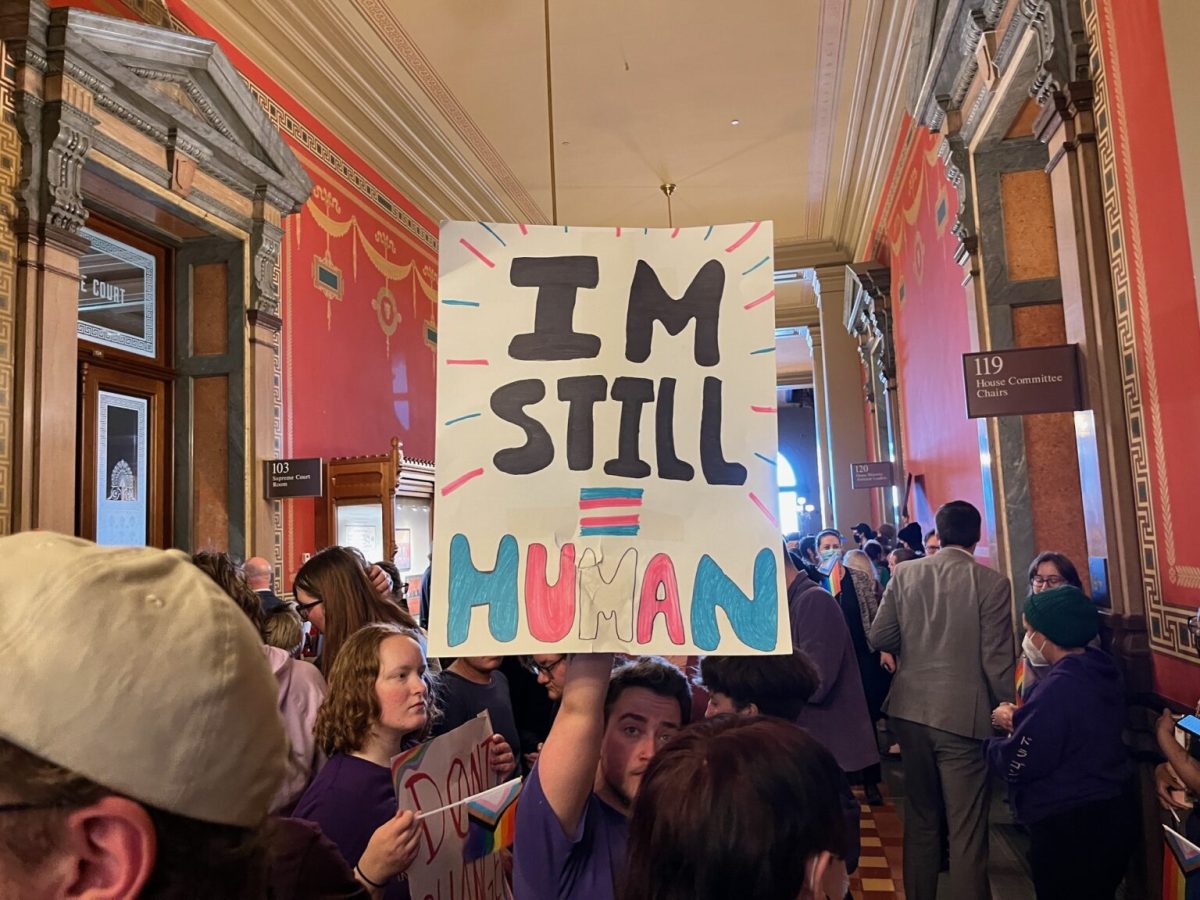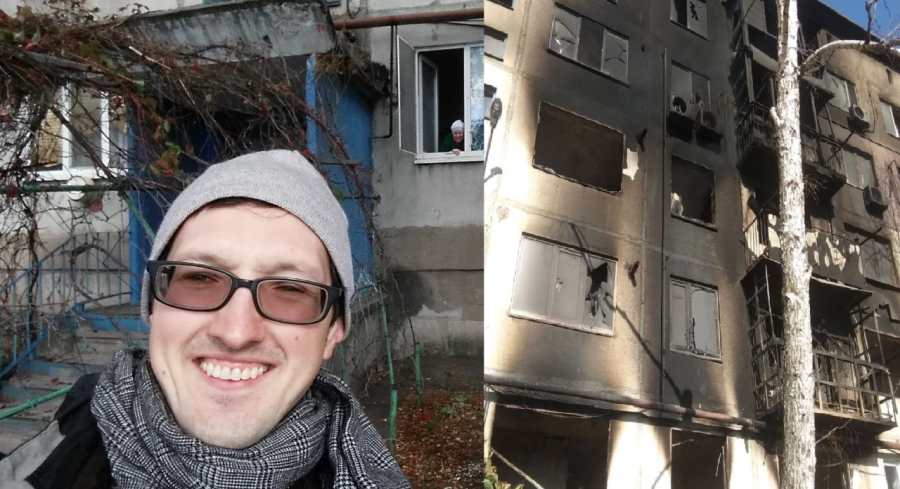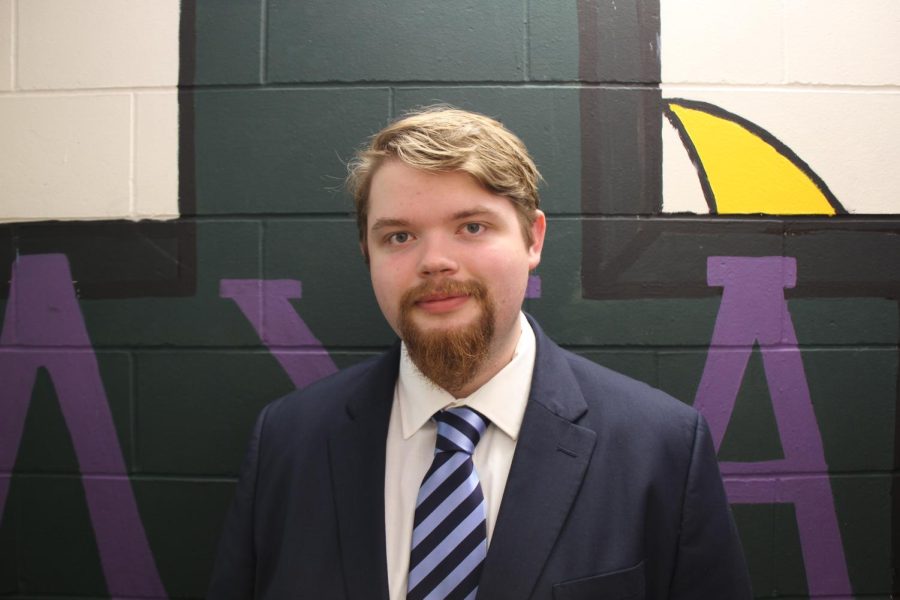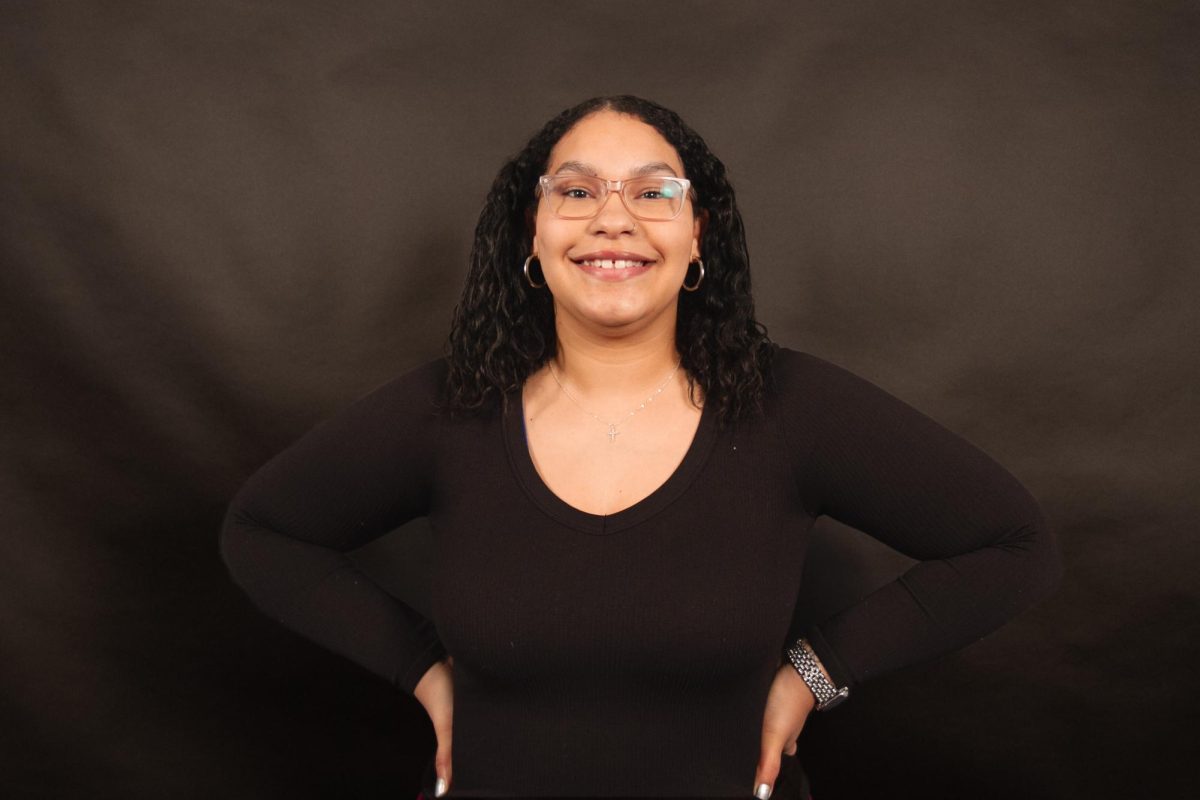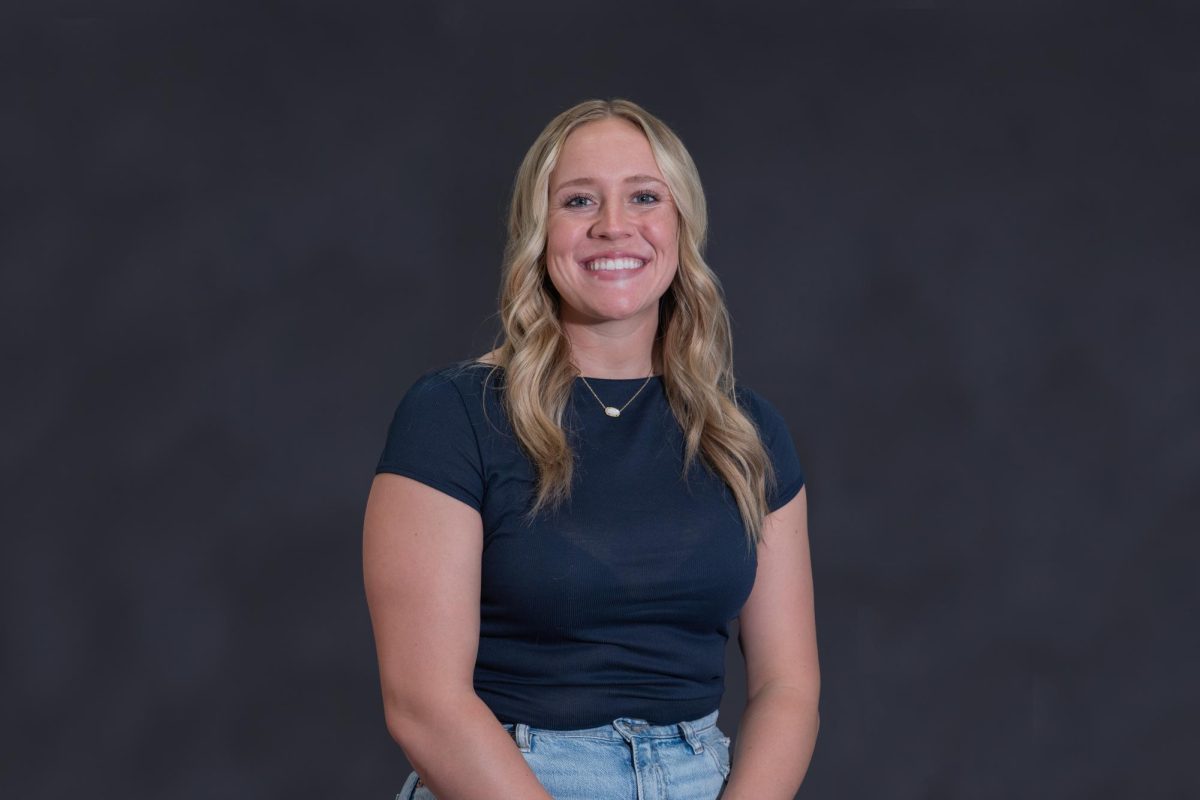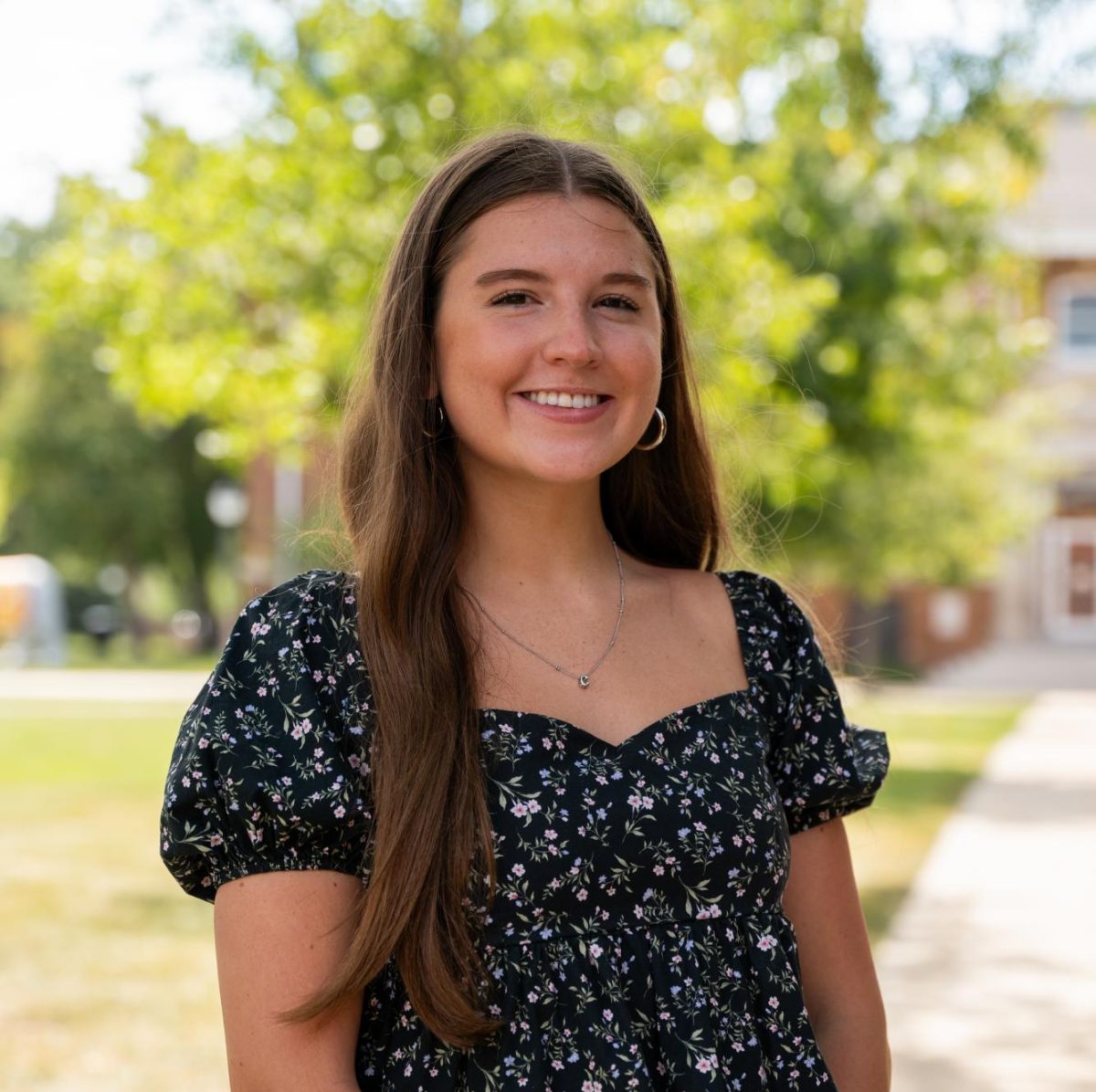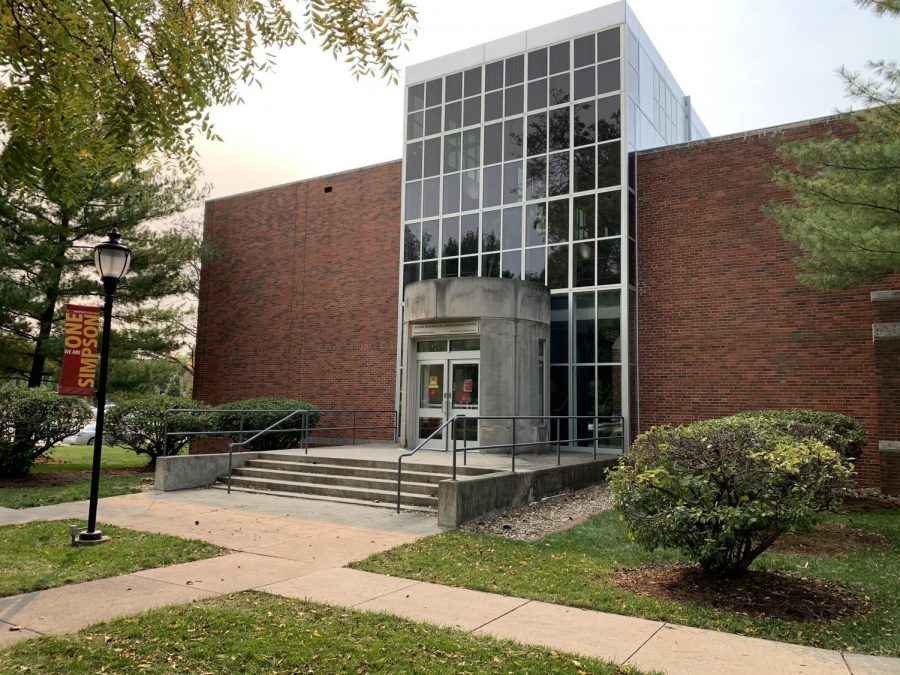Dear Editor,
We write in response to an article published February 14, 2024, in The Simpsonian titled, “No disabled students need apply: Inaccessibility on campus.”
Simpson College is not perfect when it comes to accessibility, but neither is any place in the U.S. It is important to educate people on topics around disability but our institution’s problems reflect larger structural problems. Though some of the issues mentioned in this article are problems we are facing on this campus, many can be solved by talking with SAS or engaging with the community surrounding disability on this campus. The students interviewed for the article are not members of ACES and their perspectives are valid. Interviewing a student involved in ACES would have given a more informed perspective. The article also seems to ignore the many resources Simpson students DO have access to that other colleges don’t have.
If you feel passionately about accessibility on campus, GET INVOLVED. One major resource Simpson does have is a student organization referred to as ACES. That stands for Advocacy, Community, Education, and Support. This group was founded in 2022 to support students and address obstacles they face. Not only does the article not mention ACES, we were not contacted for interview despite issues in the article being some of the many we work to address. ACES meets every Thursday at 5:15 p.m. in Holy Grounds, and ALL are welcome (in person or asynchronously). We work hard to advocate and educate around accessibility.
We would like to correct some misinformation stated in the article.
Test proctoring: This only needs to be scheduled 48 hours in advance, NOT two weeks in advance. Class scheduling is largely decided by students and advisors and while not always avoidable, classes usually do not have to be back-to-back. Tests can be taken any time between 8-4:30 p.m. which allows people to schedule tests around their class schedule. Simpson funded a second SAS position in the 2023-2024 school year partly to allow for more tests to be taken in SAS.
Getting/keeping emotional support animals: ESAs are considered an accommodation. There are processes to approval in place for student and animal wellbeing. These are standard across higher education. The Simpsonian on September 14, 2022, about the process of obtaining an ESA. We would like to make clear that an ESA is a therapeutic animal and is only allowed with a recommendation from a licensed medical provider; it is not a pet.
Inaccessible seating and lights: The Dunn Library renovation took these things into account and has a wide variety of seating and dimmable lights in classrooms and offices.
Individual problems, such as some that were brought up in the article, can be addressed by contacting various faculty, departments and SAS. Usually, when a student takes this action, their needs are met, or plans are made to work towards meeting needs. SAS makes the accommodation process easier with its fast response times and ease of scheduling. Not only can students schedule online but they have the option to send an email to SAS staff. Access to SAS is enhanced further by professors who reach out to students they think they may benefit from accommodations.
This was the kind of article you would write if you had already taken all of the above measures and they had not yielded results. This article is not an accurate representation of the disability community on this campus. The community on this campus is focused on making positive change. The community focuses on highlighting what this campus does well and works towards accessible goals.
By focusing on problems instead of what we do well, you encourage a culture that will scare students from receiving accommodations and reaching out. Furthermore, it discourages prospective students with disabilities from becoming a part of a campus that is trying its best to increase accessibility and create a positive disability culture.
Thank you,
ACES student group




